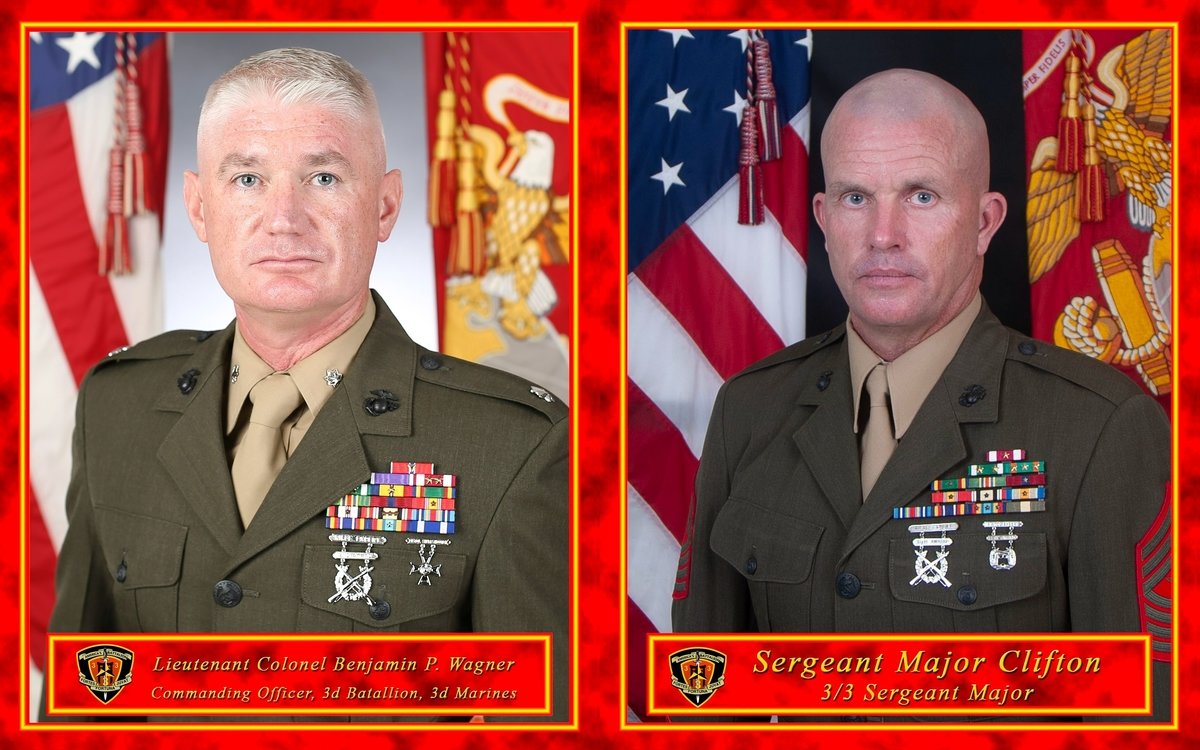
US Marine Corps Maj. Gen. Jay M. Bargeron fired the commander of 3rd Battalion, 3rd Marines, Lt. Col. Benjamin P. Wagner (left), and his top enlisted adviser, Sgt. Maj. Jayson J. Clifton (right), on March 31, 2022, in Hawaii.
When 3rd Marine Division’s commander, Maj. Gen. Jay M. Bargeron, fired the commander of 3rd Battalion, 3rd Marines, and his top enlisted adviser on March 31 in Hawaii, their dismissals were shrouded in mystery.
All the Marine Corps would say is that the two-star in Okinawa had canned the highly decorated Lt. Col. Benjamin P. Wagner and Sgt. Maj. Jayson J. Clifton “due to a loss of trust and confidence” in their ability to lead the infantry battalion, and then referred reporters vaguely to a report filed by the inspector general that wasn’t public.
Coffee or Die Magazine obtained the report, but it paints a far more nuanced portrait of Wagner’s leadership than the Marine Corps initially let on. Command climate surveys showed his steady hand had improved morale. And the probe largely exonerates Clifton, with a recommendation only to informally counsel him about a bad joke, not remove him from his post.
Although in his April 7 endorsement of the IG’s findings Bargeron stated he’d lost confidence in Wagner and Clifton to “serve in command leadership positions” because they “failed to ensure all personnel under their charge were treated with dignity and respect demanded by our Corps’ values,” he didn’t order the ex-battalion commander to a Board of Inquiry to show cause for remaining in the service.
In fact, the two-star wrote that he was “confident that he will learn from his mistakes and will continue to provide honorable and valuable service to the Marine Corps.”
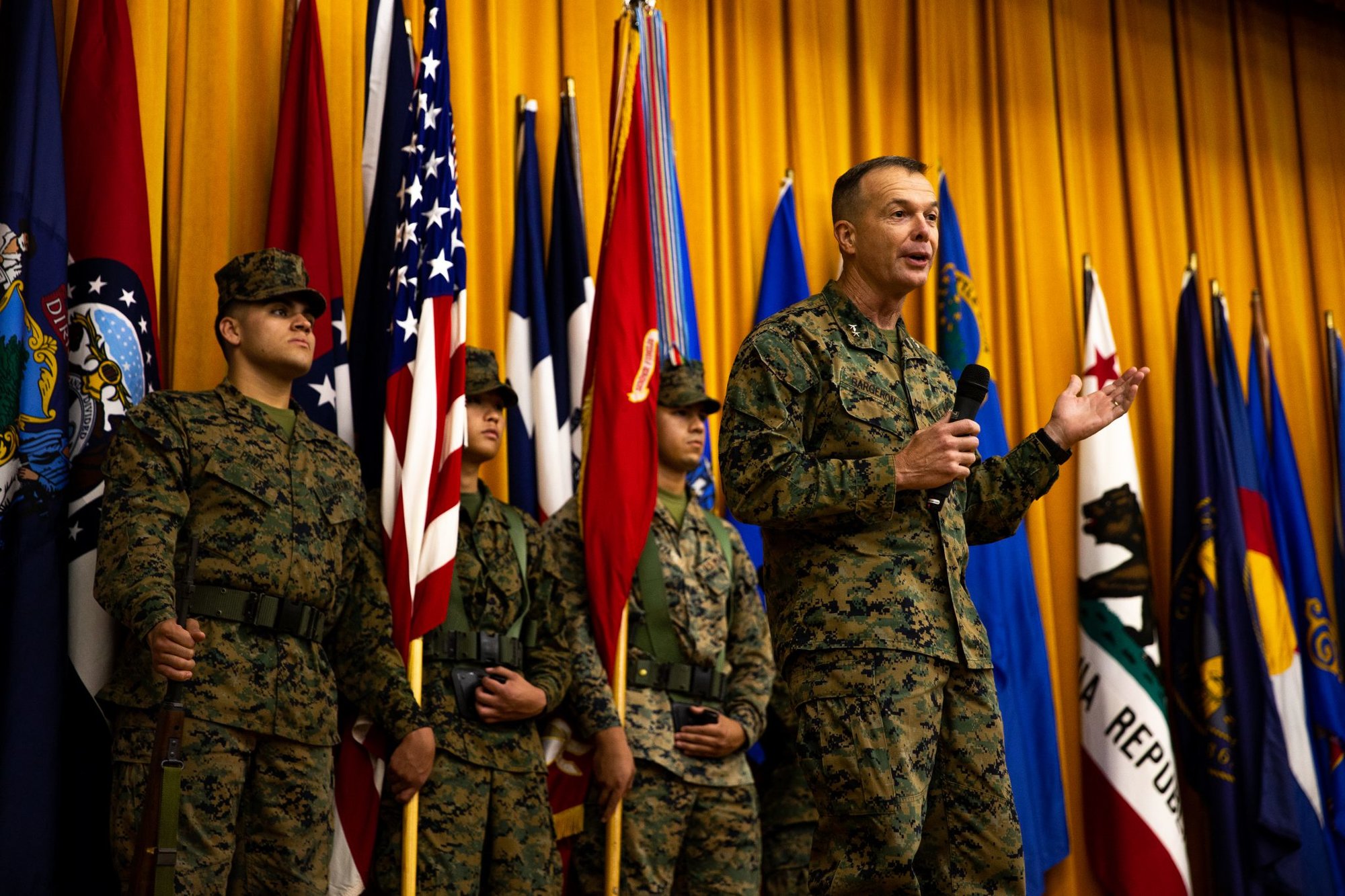
To Wagner, it was hard to fathom the special trust and confidence that had been lost because he had no tangible relationship with his commanding general, except his profound respect as a subordinate Marine for his authority.
“The first time he ever met me was the morning he fired me,” Wagner told Coffee or Die. “Never met him in my life. He’s never observed 3/3. He has never seen us in the field. We were in California for two months. He never came from Okinawa to California to see us training. But he came from Okinawa to Hawaii to fire me.”
Looking back on it all five weeks later, Wagner said it all boils down to a handful of words he uttered at one battalion function. He’s added it up: five seconds of talk he wished he’d never said, and that ended a command it took him nearly 27 years to reach.
“It’s sad. I’m sad. I’m sad because, you know, a board led by a general officer and a bunch of colonels determined that I was the right Marine to be a commander of a victor unit,” Wagner told Coffee or Die. “The way this shakes out is that, because of one word and two phrases that I said, in a 30-minute time span on Jan. 11, none of which were a violation of the UCMJ. All the good things that we did over the last 10 months. Wasn’t enough.”
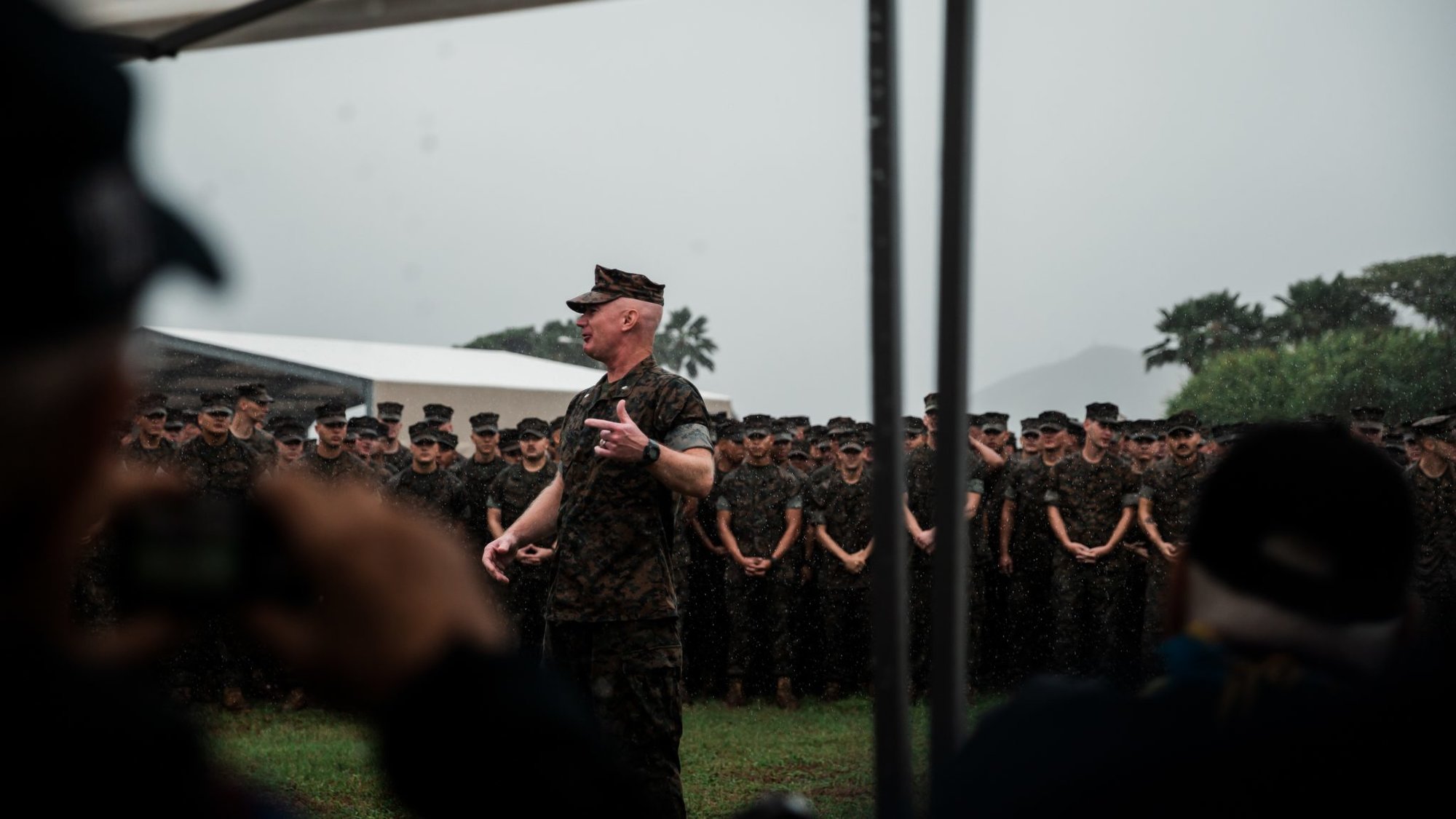
It was a long fall for Wagner, 45, who began his military career as an enlisted infantryman in 1995 before commissioning at the US Naval Academy in 2002, the beginning of a Global War on Terror that would come to define his adult life. On his chest, he wears a Bronze Star for combat valor, the Purple Heart, a Meritorious Service Medal, and other awards from battle in Iraq and Afghanistan.
He took command of 3/3 on Aug. 3, 2021, but his demise began shortly after 0800 on Jan. 11, 2022, inside the basketball court-sized Classroom 7 at Marine Corps Base Hawaii, according to the IG’s investigative report penned by Lt. Col. Nicolas L. Martinez.
The Marines listening to Wagner thought he was there solely to deliver the results of Headquarters and Service Company’s command climate survey, but a law enforcement sting was playing out all around them.
Wagner and Sgt. Maj. Clifton were waiting for the arrival of Cpl. Joseph D. Suarez, a radio operator in the S-6 section.
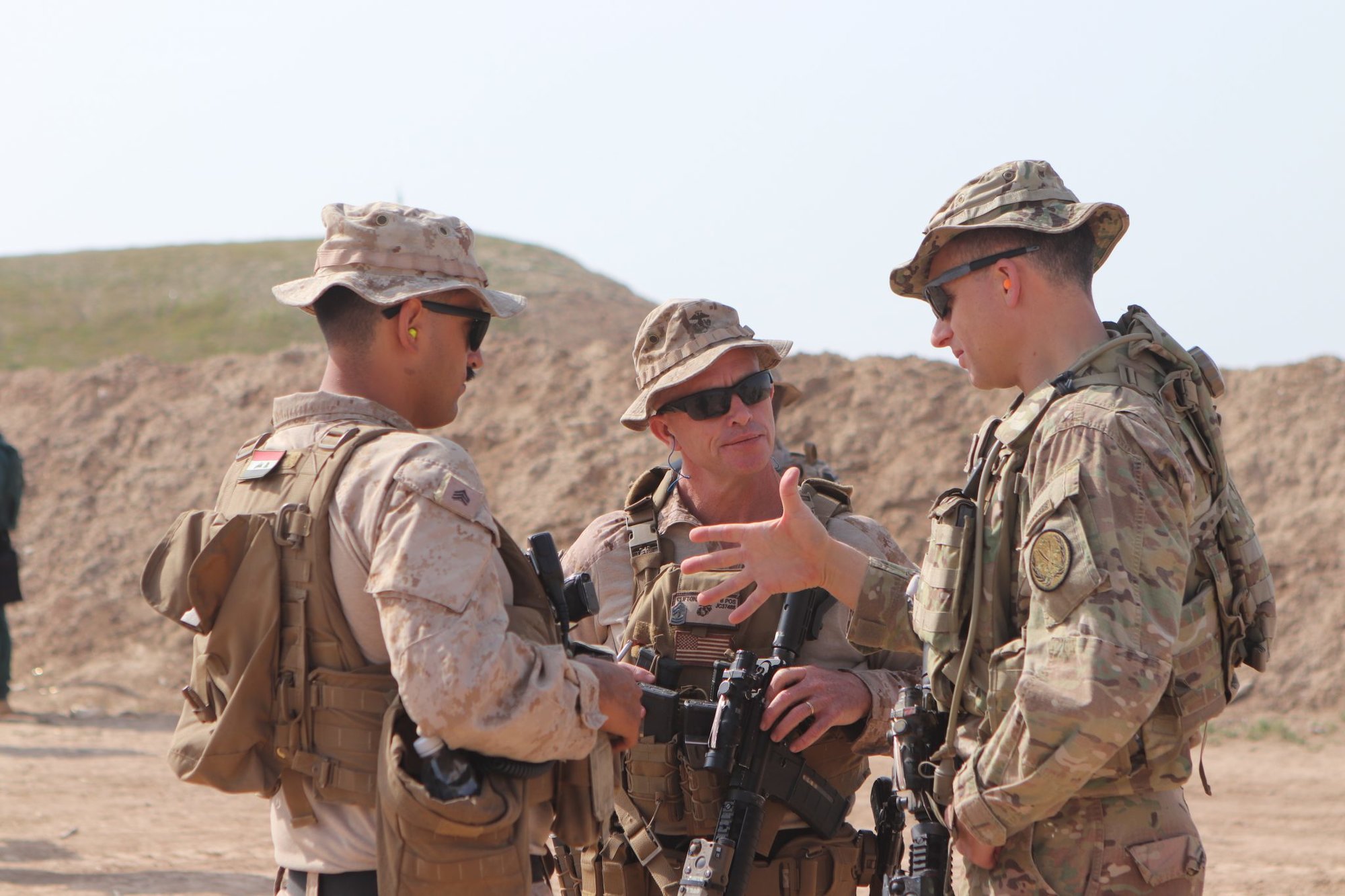
So was Naval Criminal Investigative Service Special Agent Jesse Whitten. He’d posted other agents with working dogs nearby. Their plan was to arrest the NCO on narcotics distribution charges, confiscate his phone before he could remove potential evidence, and then search his barracks room and car, an operation that would take two hours.
NCIS wanted to nab him at his first assigned duty place that morning. And it was Whitten’s idea, not Wagner’s, according to the IG report.
Suarez was late. But when he finally showed up, Clifton — flanked by a master gunnery sergeant and the S-3 chief — escorted Whitten into Classroom 7. The agent saw Suarez standing to the left of the bleachers and moved in to arrest him.
Suarez faced his company while being handcuffed.
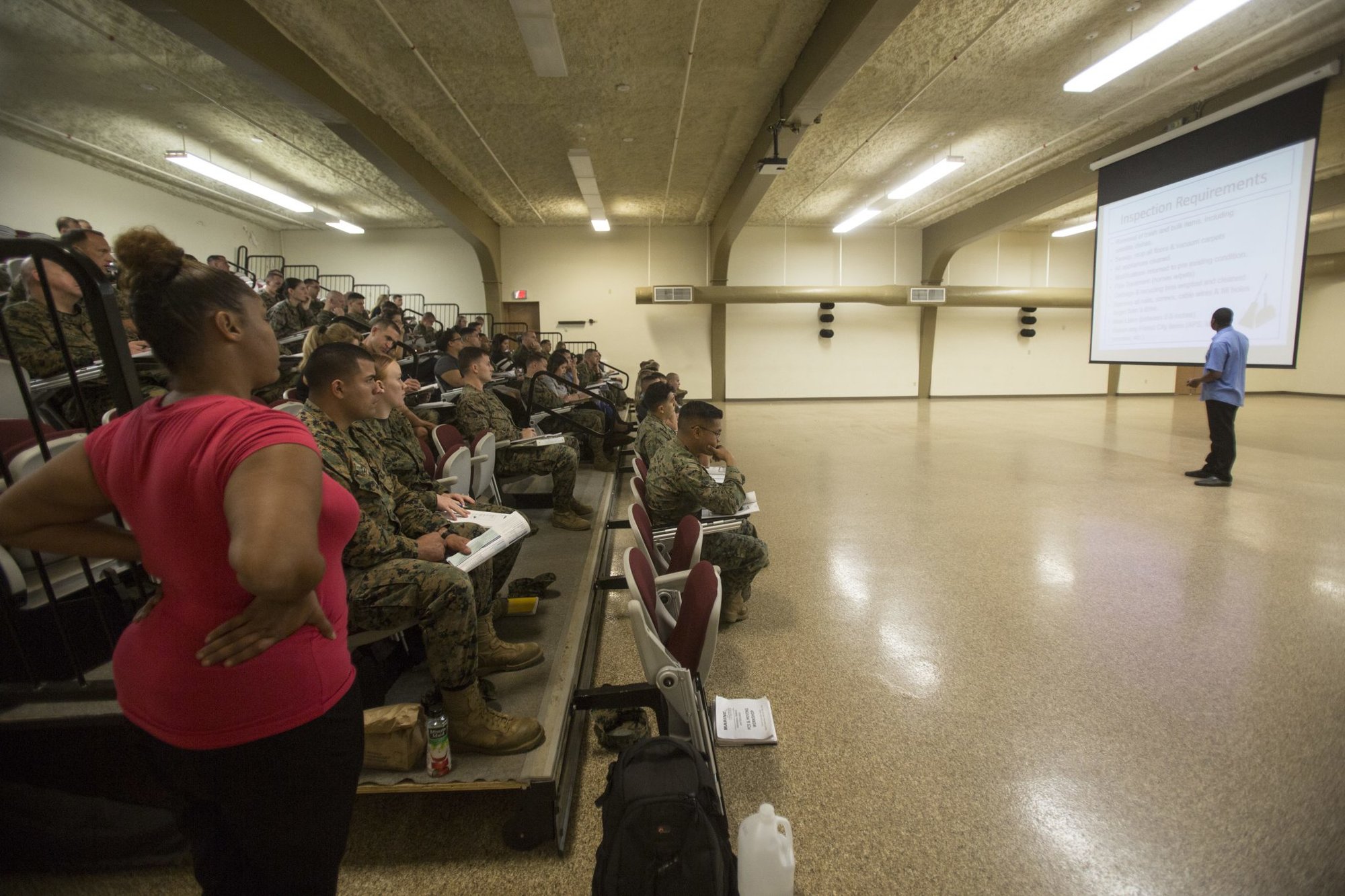
Some Marines recalled Lt. Col. Wagner telling them Suarez was “the guy selling cocaine in my barracks.” Other recollected a more vaguely worded reference to drug dealing. Some thought Wagner termed him a “drug kingpin.”
A few witnesses remembered Clifton also telling the H&S Marines they lacked the “testicular fortitude” or “sack” to report drug dealing in the barracks, and one witness thought he used a bit more graphic language, but that’s not what the sergeant major recalled.
Clifton remembered saying, “No one has the balls to say anything,” and later apologized to the company for using unprofessional language, according to the IG report.
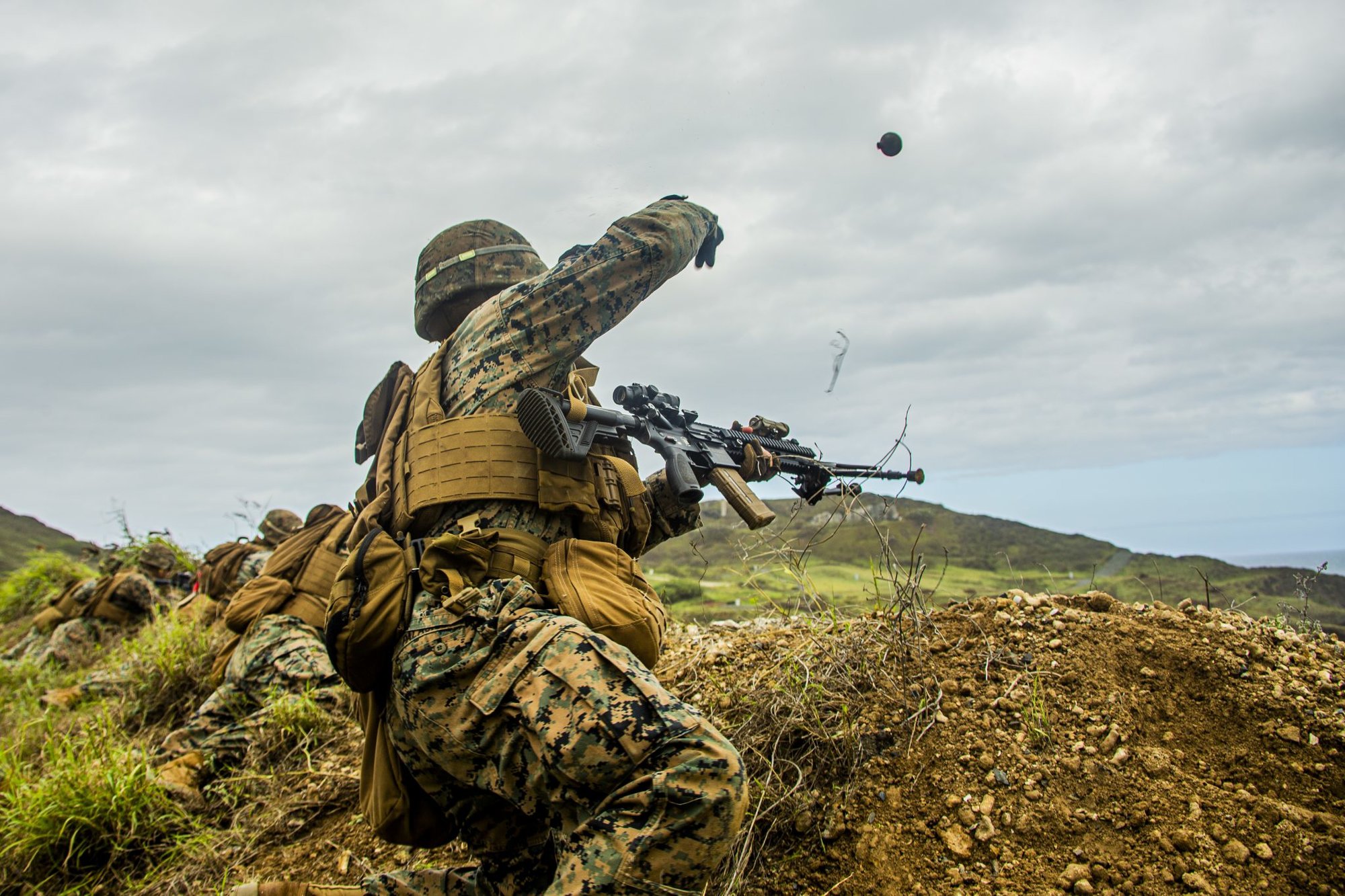
A key reason why all that’s bad is because Suarez was facing a potential court-martial. As his commander, Wagner could be accused of wielding unlawful command influence, poisoning the corporal’s chances to defend himself at trial.
Other Marines might become less willing to give evidence clearing or mitigating Suarez’s case. Some might forgo offering good recommendations about his character because they’d run afoul of their battalion commander and his top enlisted adviser.
Suarez’s arrest in front of his fellow Marines and the words uttered by Wagner and Clifton about it triggered an anonymous complaint to the IG, with the tipster claiming they had created a hostile work environment.
In his probe, Lt. Col. Martinez determined that Wagner and Clifton never intended to harass the arrested Marine or create a hostile work environment by having him detained in the middle of a briefing. But he found they exercised poor judgment because the NCO could’ve been arrested in a less public spot, and without their comments to other Marines about his alleged misconduct.
“Cpl. Suarez is presumed innocent until proven guilty,” Martinez wrote, and the two leaders “should have respected that fact and, at a minimum, avoided commenting on the matter.”
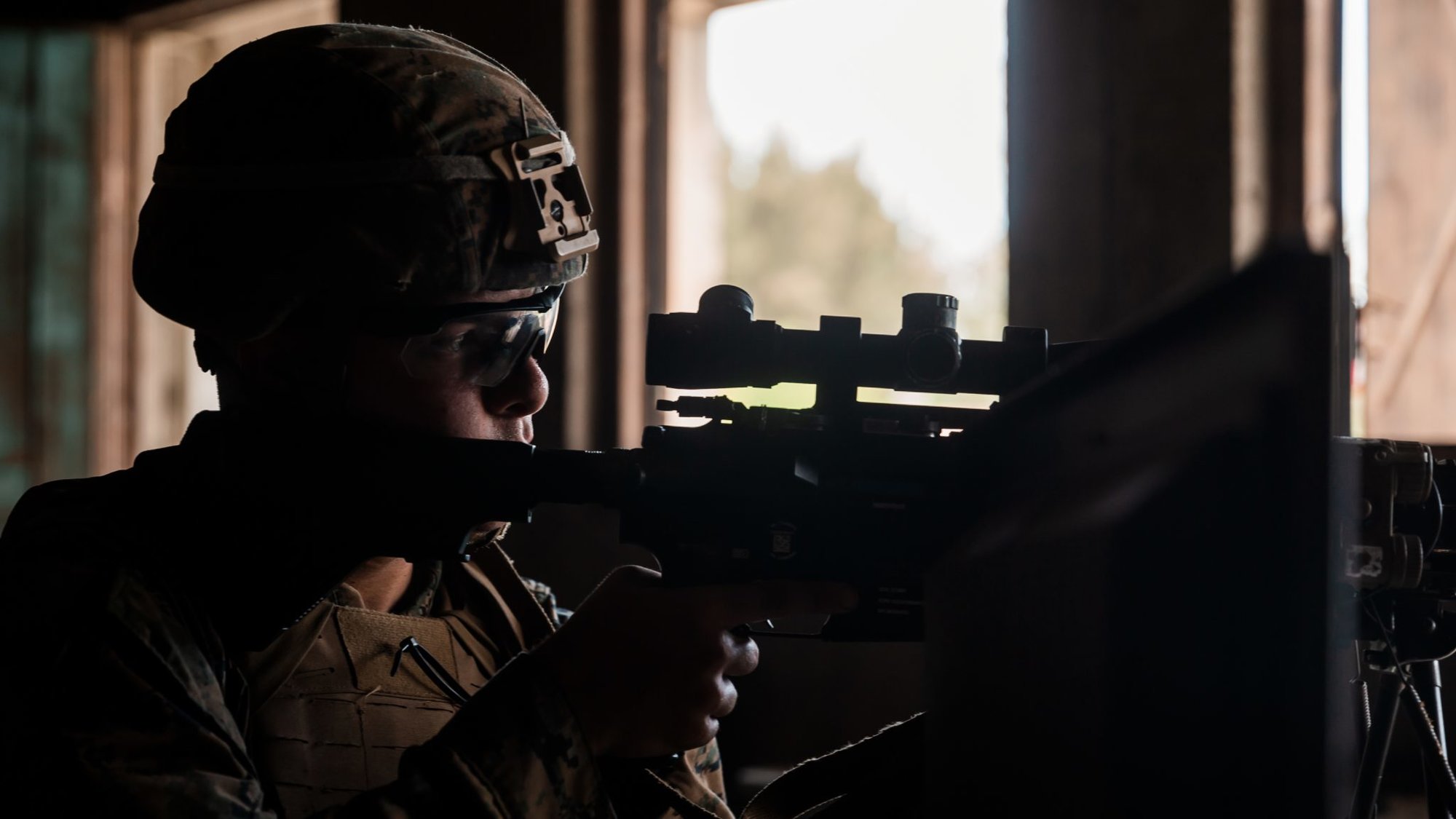
According to the IG report, Special Agent Whitten learned from the incident, too.
Coffee or Die couldn’t interview Suarez because he’s on pretrial confinement. But Wagner said he felt in the moment he had to say something about why a Marine NCO everyone previously respected was being handcuffed in front of them, soon to be accused of being the “hub of drug dealing” in the barracks.
“He was really, really good,“ Wagner said. “And everybody loved him around. He was reliable. He was very technically proficient. Good attitude. I mean, he was like, everybody was shocked when they came in.”
Wagner said his legal briefings during his training courses didn’t cover unlawful command influence in situations like that. And he had no staff judge advocate assigned to his battalion to advise him.

What isn’t fully conveyed in the report, Wagner told Coffee or Die, was how much direction NCIS gave to the battalion for the arrest. The Marines were following the lead of law enforcement, not the other way around.
“And I was the commander and, and I, you know, ultimately, I’m responsible,” Wagner told Coffee or Die. “So, you know, yeah, I get the advice from the law enforcement specialists. And, you know, it’d be great if it was good advice. Turns out not to be, obviously. But at no time was there ever, ever an intent to degrade or to, you know, belittle a Marine, because that’s not how I operate.
“Like, I have spent the last 27 years of my life, since I was 18 years old, practicing a very simple leadership philosophy, and that’s ‘Don’t be a dick.’ Like, be a good person and be good to people.”
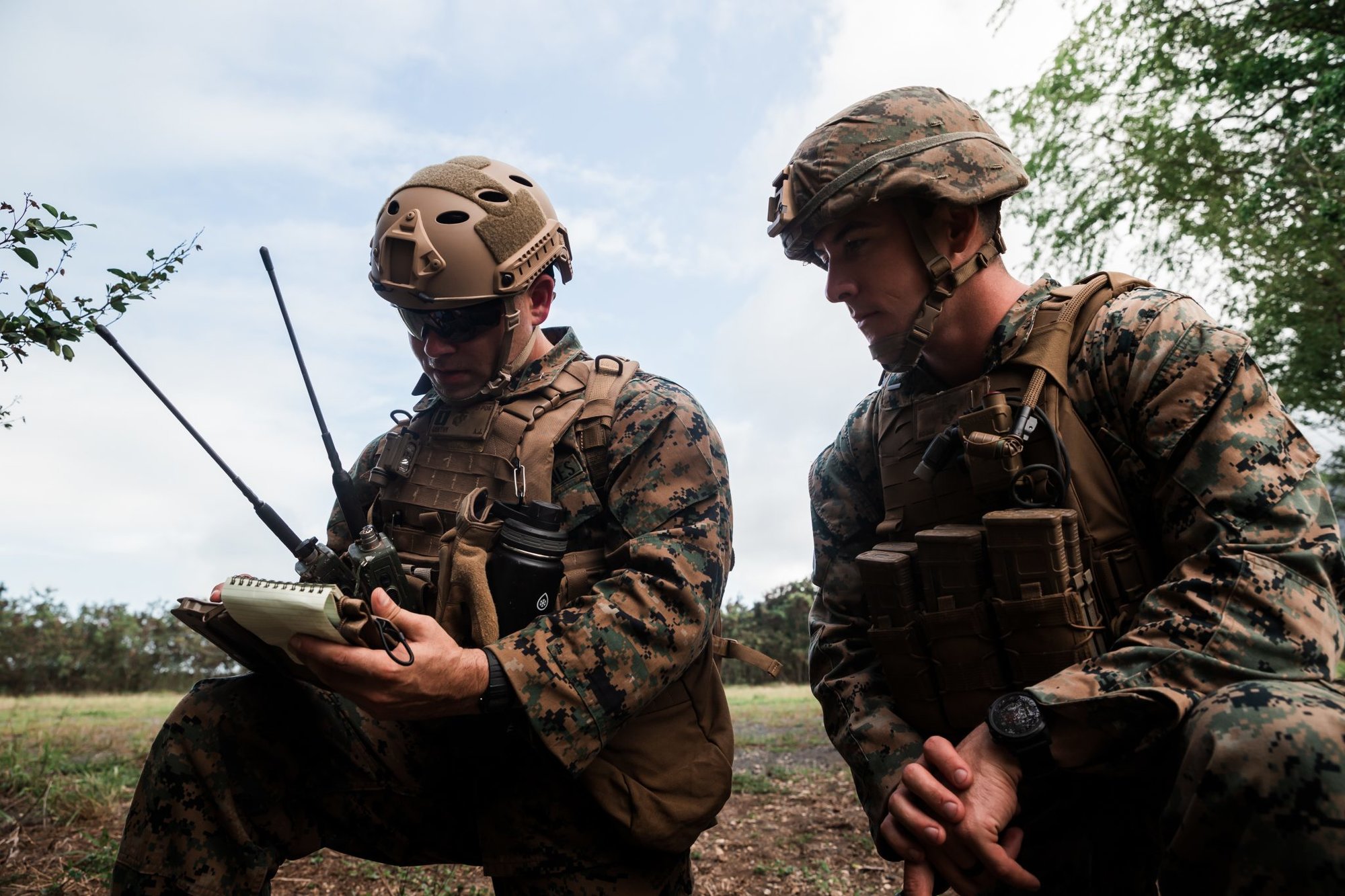
And it’s that leadership philosophy that also tinged his moment in the classroom.
Wagner believes that Marine noncommissioned and commissioned officers should act like a big brother or big sister to junior Marines. He told Coffee or Die that many of the Marines getting caught with drug problems were new to the fleet. They should’ve had NCOs looking out for them, not allegedly selling narcotics to them.
“So I just I think I was emotional about it, and the fact that it was an NCO, who was actively doing this,” Wagner said.
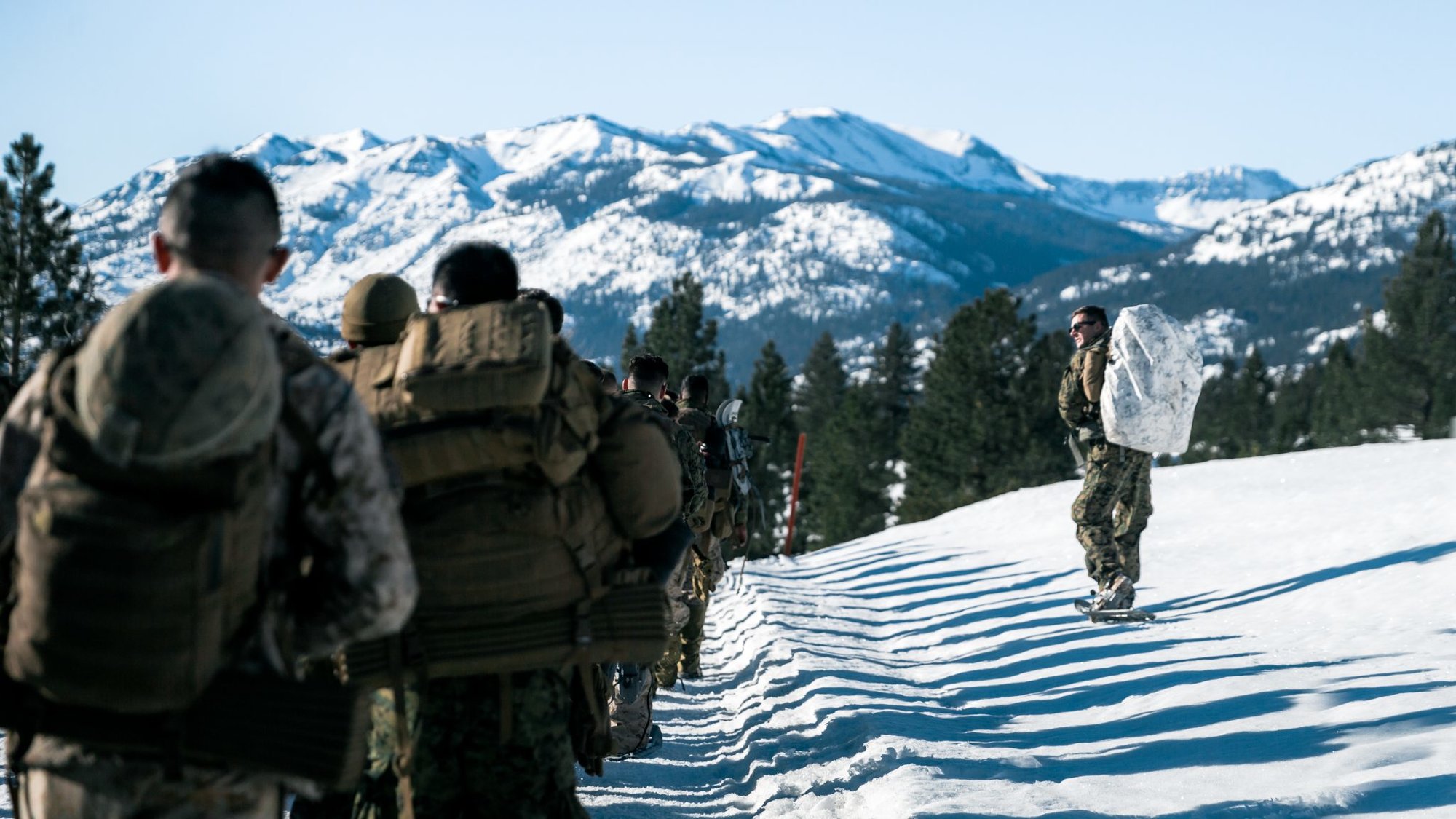
Despite the arrest of a radio operator early in the debriefing, Lt. Col. Wagner pressed on with his speech. He talked to the company about substance abuse, sexually charged language in the workplace, and relationships between officers and enlisted.
He’d said he’d wanted to conduct the discussion personally because the previous command didn’t detail to Marines the results of the spring 2021 survey, due to the aftermath of the “riot at the Capitol,” “a lot of racial stuff going on,” and “extremism.”
Suddenly, Wagner approached an S-1 corporal in the front bleacher and asked him, “Do you trust me? I trust you.”
Some witnesses recalled Wagner then said, “I’m going to do this because I trust you. You’re a spic.” Others remembered he asked, “What if I called you a spic?”
Everyone recollected Wagner then announced, “This is how we can’t talk to each other.”
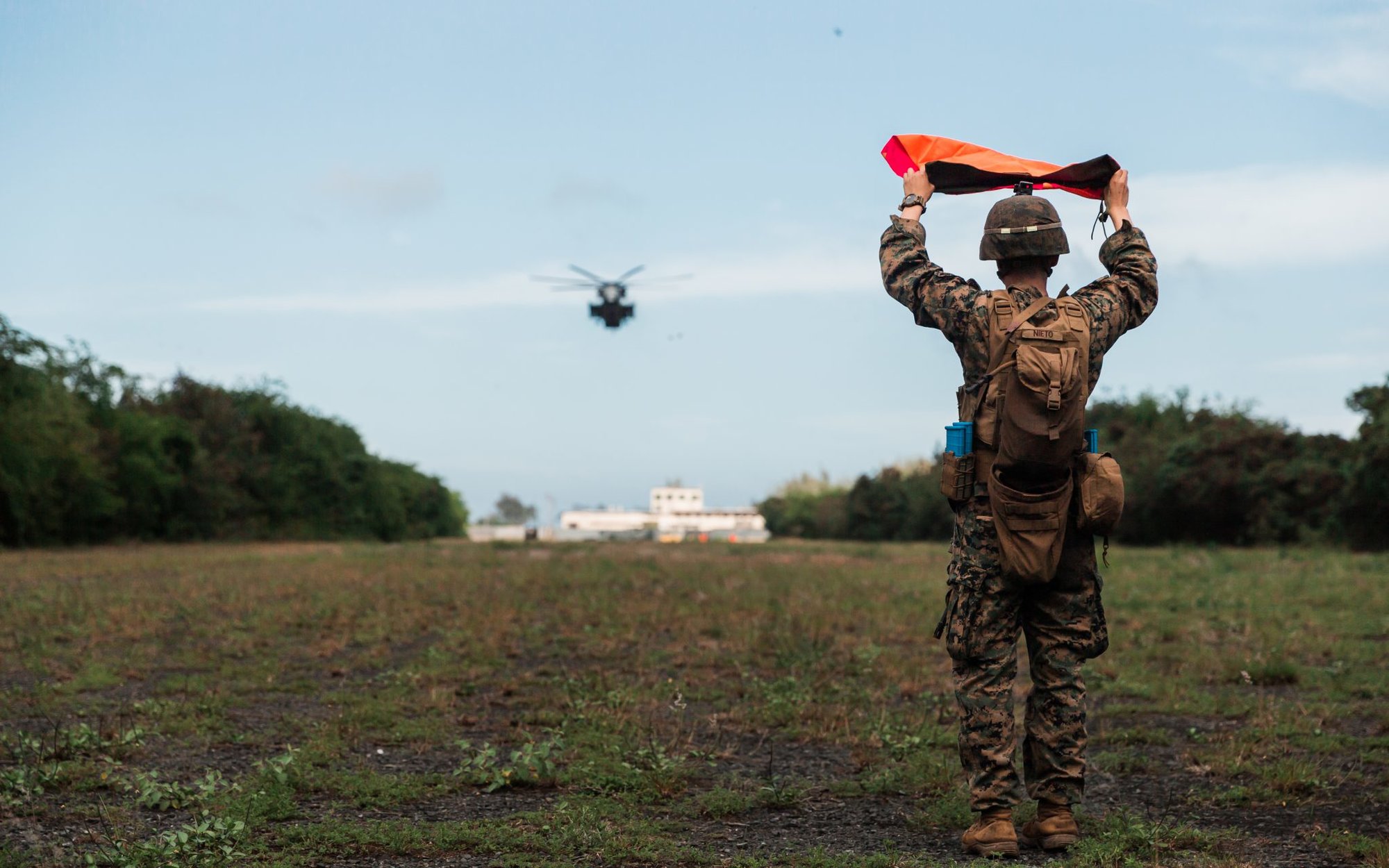
The corporal later told the investigator the slur “shook” him and that it was “not OK” for his battalion commander to use that word with him as a learning moment.
Wagner conceded to Martinez he’d never coordinated the use of the word with the NCO. The corporal later recalled Wagner saying something akin to “I didn’t mean to demoralize you,” but he was still reeling because it even happened.
He uttered, “That’s fine, sir.”
Wagner told the IG that “everybody in the room knows that’s wrong,” and that’s why he used the word. He wanted his Marines to understand that sexually inappropriate language was just as bad as racially charged language, and he needed an example.
Multiple witnesses backed that up, saying the commander made clear “his statement was a demonstration for instructional value only,” a notion that was accepted by the battalion’s Equal Opportunity representative, too.
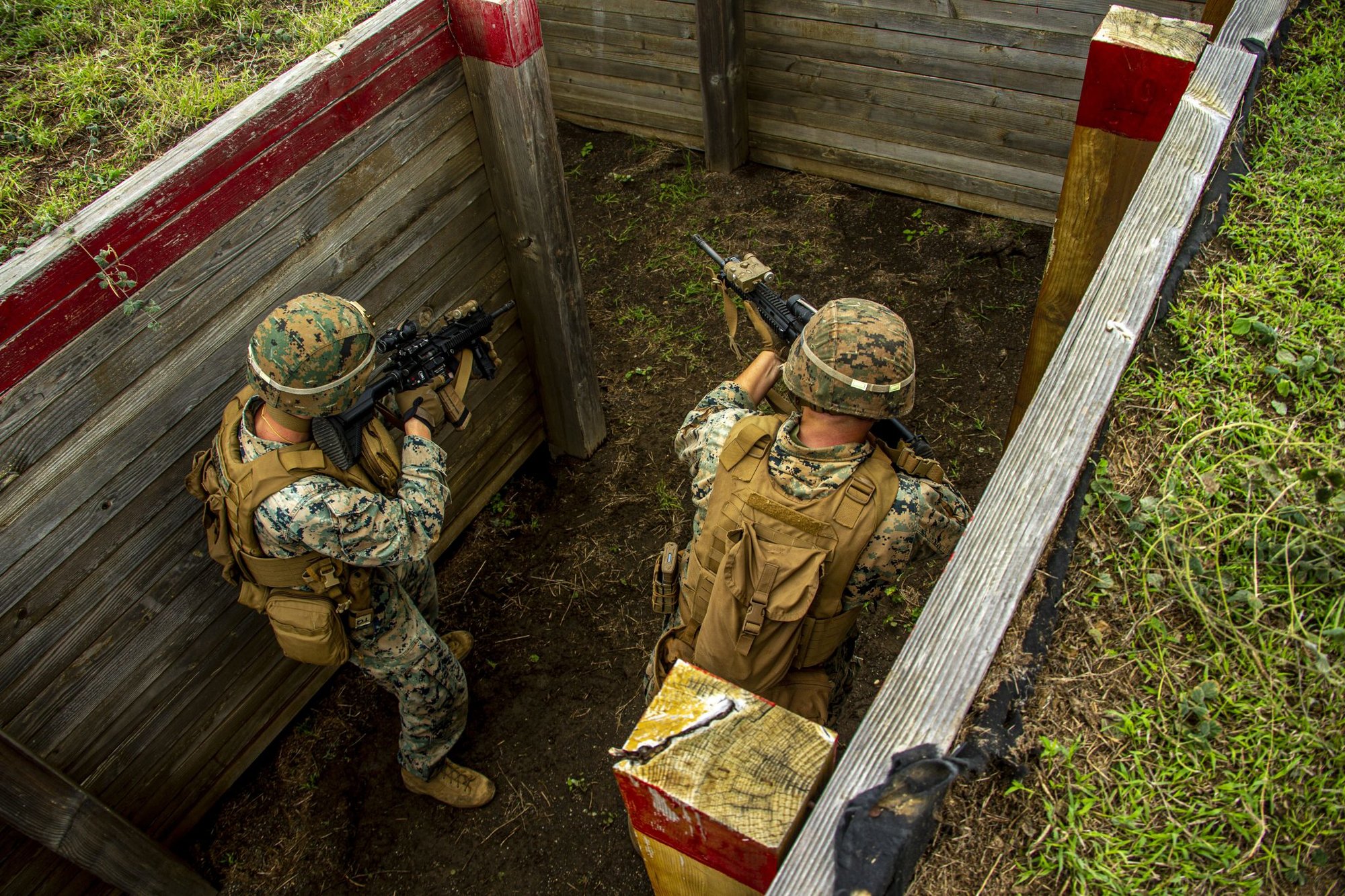
In his report, Lt. Col. Martinez wrote that a reasonable person would find Wagner’s use of the slur “unwelcome or offensive,” but it never created an intimidating, hostile, or offensive environment. He determined that Wagner’s decision to wield the word in that setting showed “poor judgment.”
Wagner regrets ever saying it. He was trying to convey intensely why it was wrong to use that kind of language, and muffed it.
“I have wrestled with that for the last, you know, since March 31,” Wagner told Coffee or Die. “I mean, clearly, no, I would not have done it that way.”
During his investigation, Martinez uncovered a similar complaint involving Sgt. Maj. Clifton. Martinez wrote that Clifton tried to tell a bad joke, asking a first sergeant with a Spanish last name whether he needed his words translated into English. The first sergeant didn’t even speak Spanish.
Martinez decided Clifton showed poor judgment, but he didn’t create a hostile workplace with the clumsy banter.
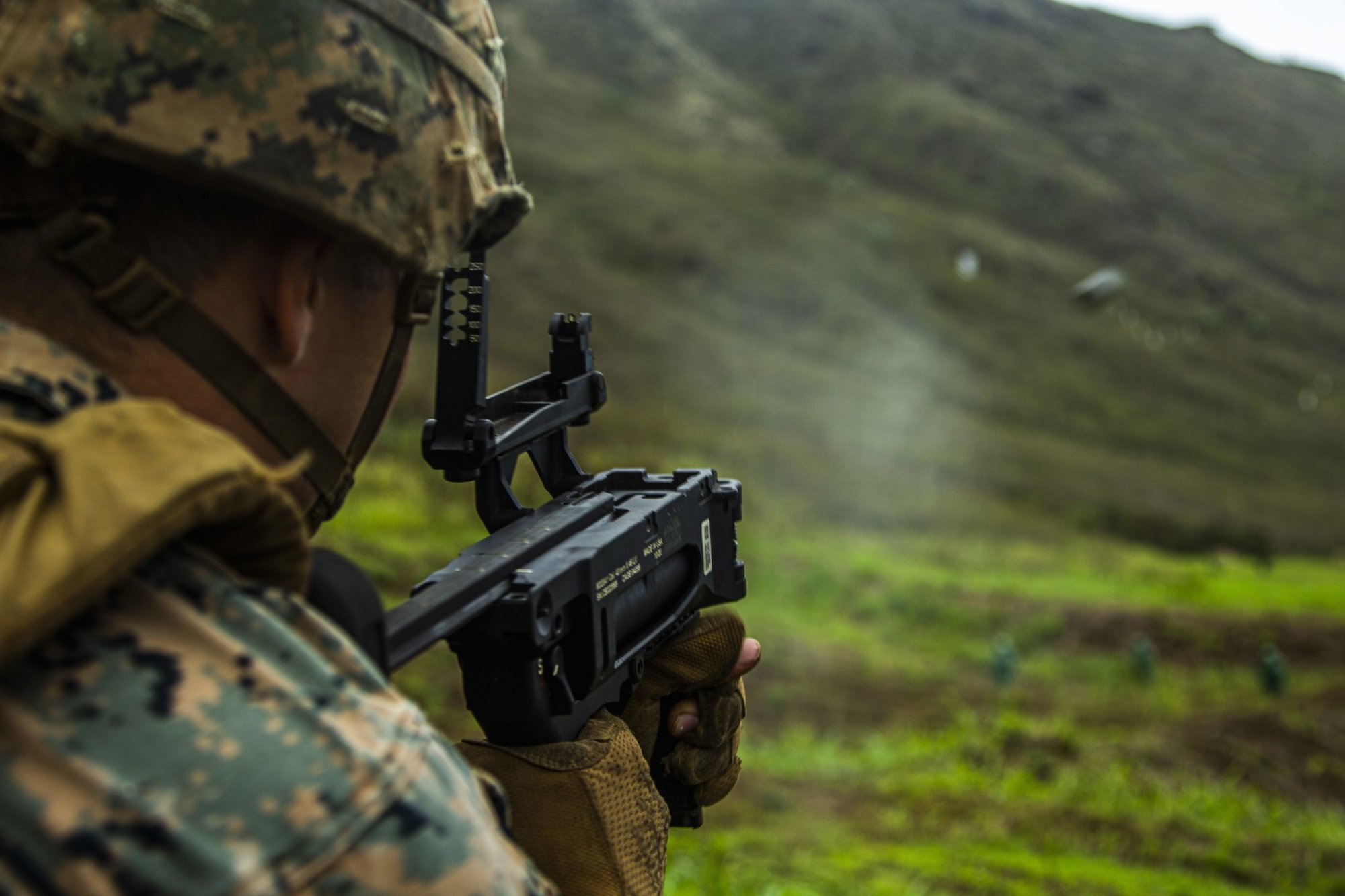
Martinez’s report detailed far more problems tied to what appears to have been rampant drug use in the battalion, which Wagner’s leadership team and NCIS were trying to clean up. The IG report didn’t take issue with their goal, only the measures they were using to meet it.
On Nov. 22, 2021, a lance corporal in Wagner’s battalion provided a urine sample for a drug test he believed he’d fail. And he did, testing positive for cocaine. He quickly became an NCIS informant, ratting out personnel within 3/3 who were allegedly distributing controlled substances.
To protect their safety, Coffee or Die doesn’t identify confidential informants unless they testify as uncloaked witnesses in public court proceedings.
Because the informant was a confidential source, Special Agent Whitten urged that Wagner slow the Marine’s journey to nonjudicial punishment and an administrative exit from the Marine Corps. He wanted NCIS to finish the probe first.
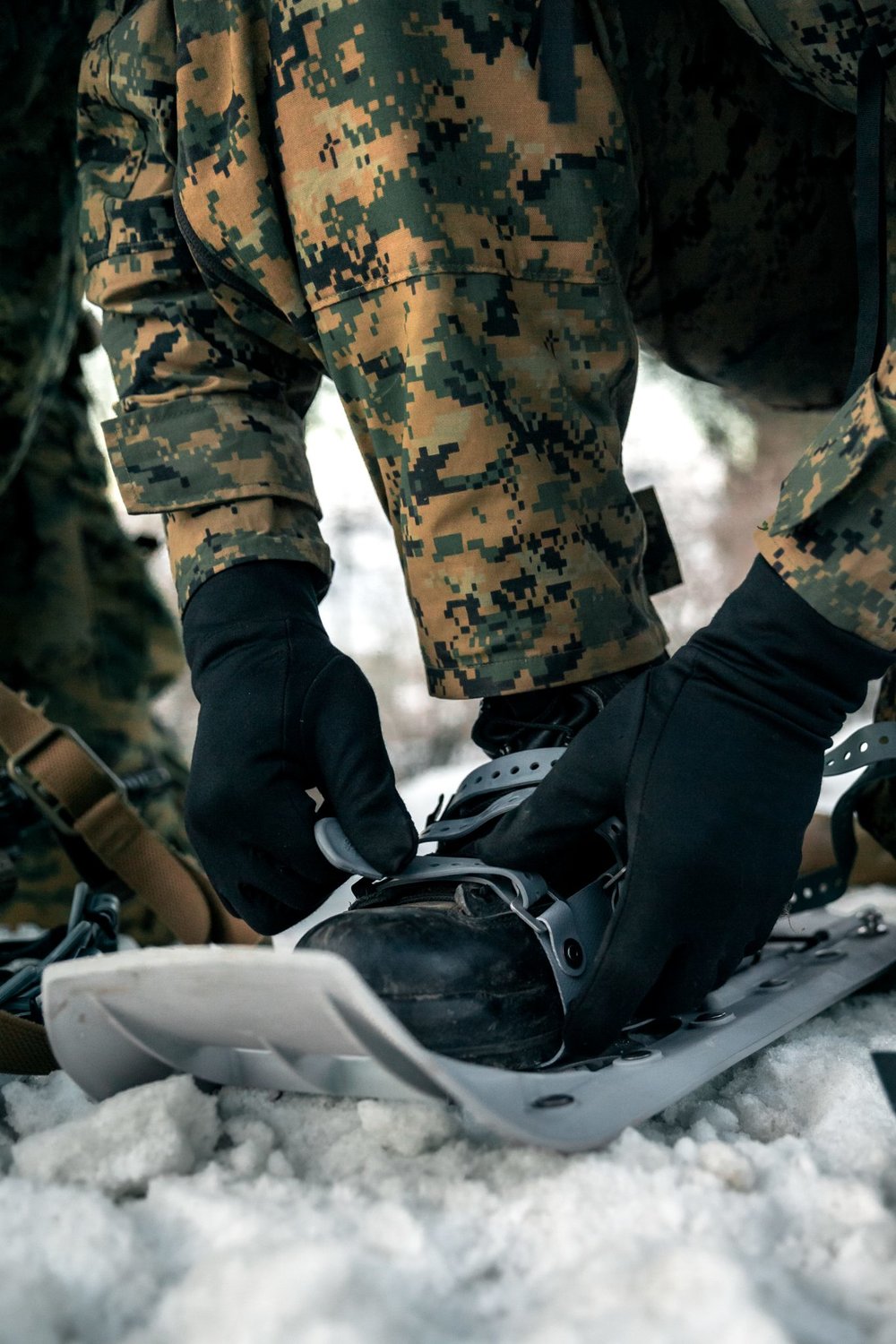
That was a highly unusual request for Wagner. He believed in swift justice and administrative separations for Marines tied to narcotics. He’d conducted office hours for numerous other Marines who popped positive on Dec. 17, 2021, with their hearings beginning at 1400 and lasting until 2200.
“I don’t like letting punishments hang over somebody’s head,” Wagner told Coffee or Die. “If they do something wrong then they should be adjudicated, you know, unless there’s significantly extenuating circumstances, before the next liberty period.”
Whitten also asked Wagner to block the lance corporal from leaving Oahu during the upcoming holiday leave period so he could continue to assist in the criminal investigation, according to the IG report.
That prodded Wagner to nix the informant’s pending on-island leave request. On Dec. 18, 2021, the S-6 chief informed the lance corporal his leave had been denied.
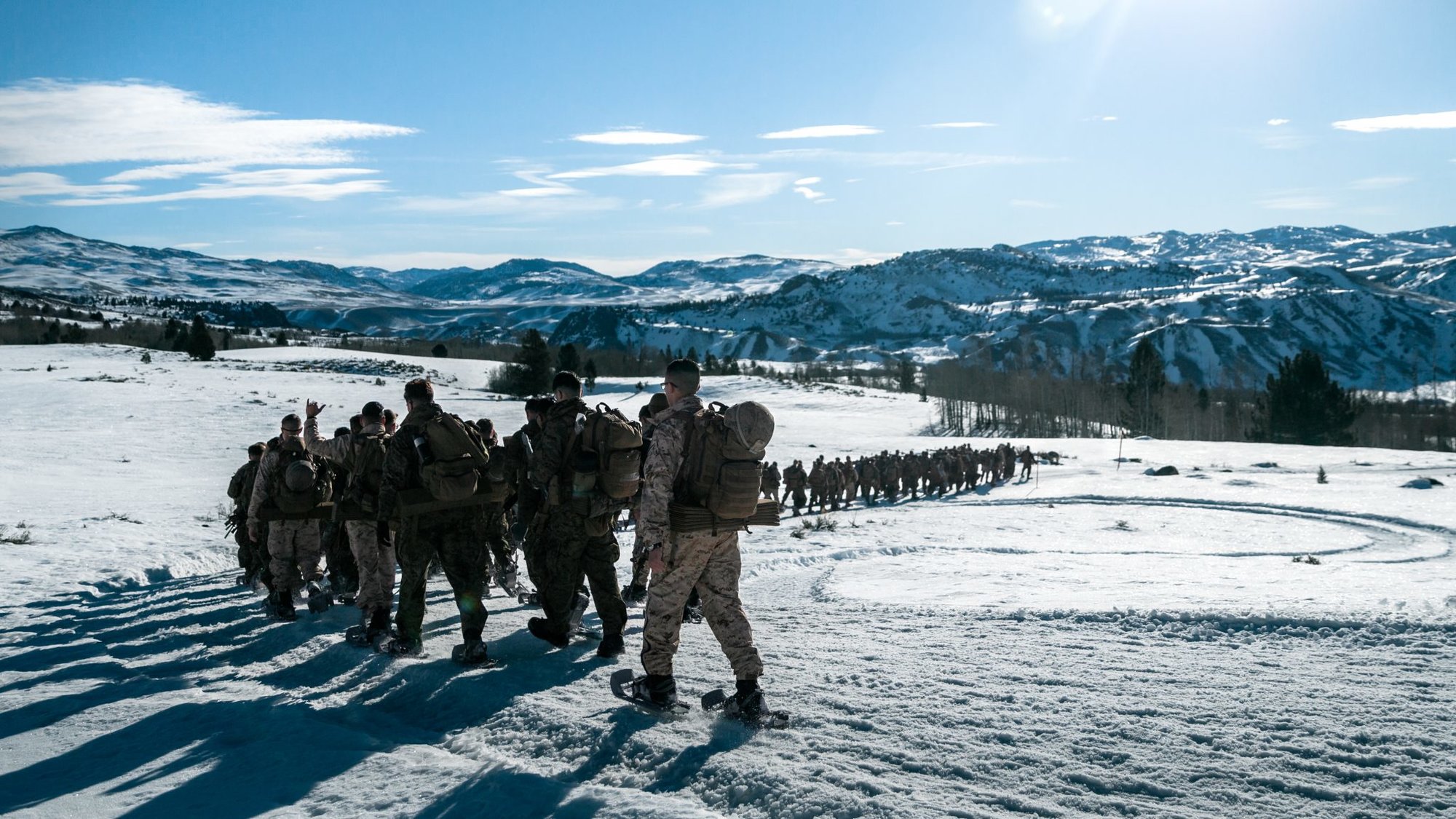
Inside the battalion, however, some leaders apparently continued to discuss how they could keep the informant on base for NCIS, without anyone finding out he was an informant. According to the IG report, a murky plan seemed to form that would put the lance corporal in the uniform of the day, checking in with the duty officer every four hours.
But the report never makes clear whether that plan was ever formally put into motion.
When asked by Coffee or Die if he ordered that plan, Wagner said “no,” adding emphatically he had “no freaking idea” who rolled it out “because it doesn’t make any sense.”
“Like, why would I put a Marine on restriction? If he’s not on restriction? If he hasn’t been adjudicated?” Wagner said.
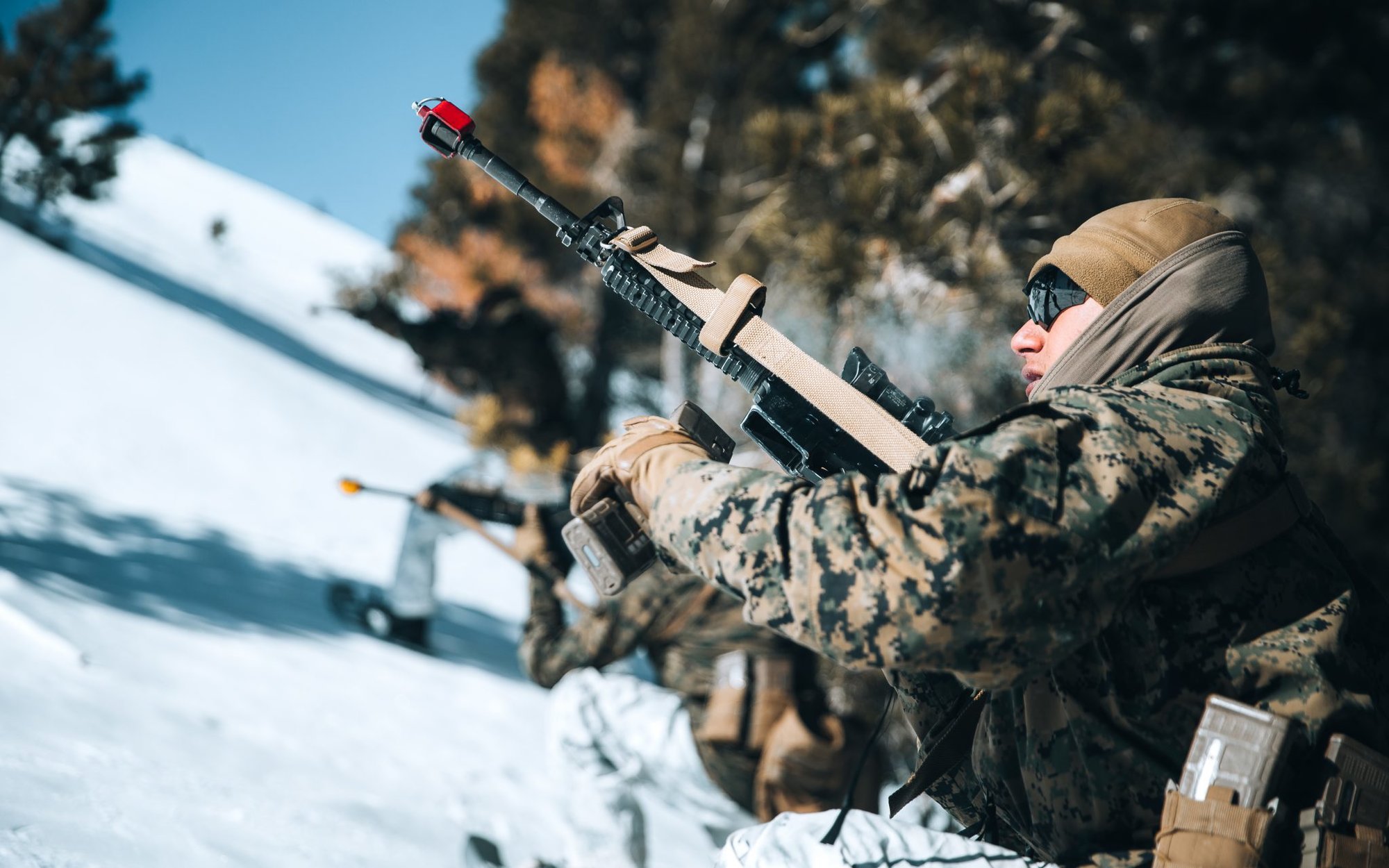
Some leaders Martinez interviewed thought a final decision never arrived, but the logbook clearly showed someone made the call. The Marine began reporting for mandatory musters on Dec. 22, 2021. And he kept doing it through the holidays.
A debate formed among the duty officers over whether the Marine was on some sort of informal restriction. And that puzzled them because, as one major echoed Wagner, there’s “no such thing as, like, pre-NJP restriction.”
In early January, the lance corporal was told he didn’t need to keep showing up in front of the duty officer.
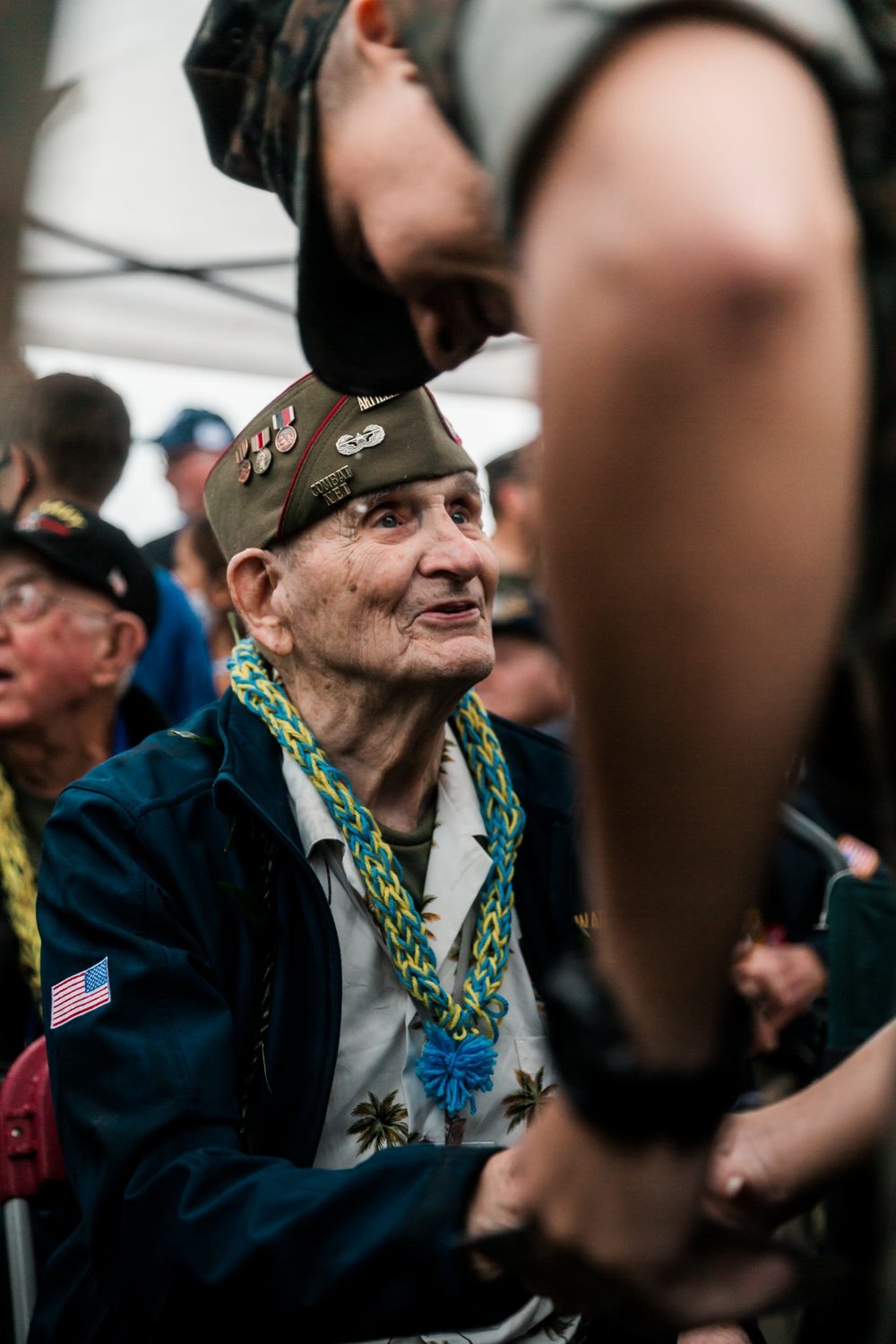
On Jan. 13, 2022, Lt. Col. Wagner conducted the lance corporal’s NJP. During the hearing, witnesses recalled the commander saying the Marine was an informant who had triggered the arrest of a suspected drug dealer, so he wasn’t going to restrict his liberty as a form of punishment.
On the same day, the informant received a text message from a suspected drug dealer’s girlfriend, telling him, “I know where you are and I will kill you.”
NCIS urged Wagner to release the lance corporal from his command so agents could get him off base and to a safer location, but the commander didn’t want to mess with the process of separating the informant from the Corps.
A month later, the lance corporal was separated from the service by order of 3rd Marine Division because of his drug abuse.
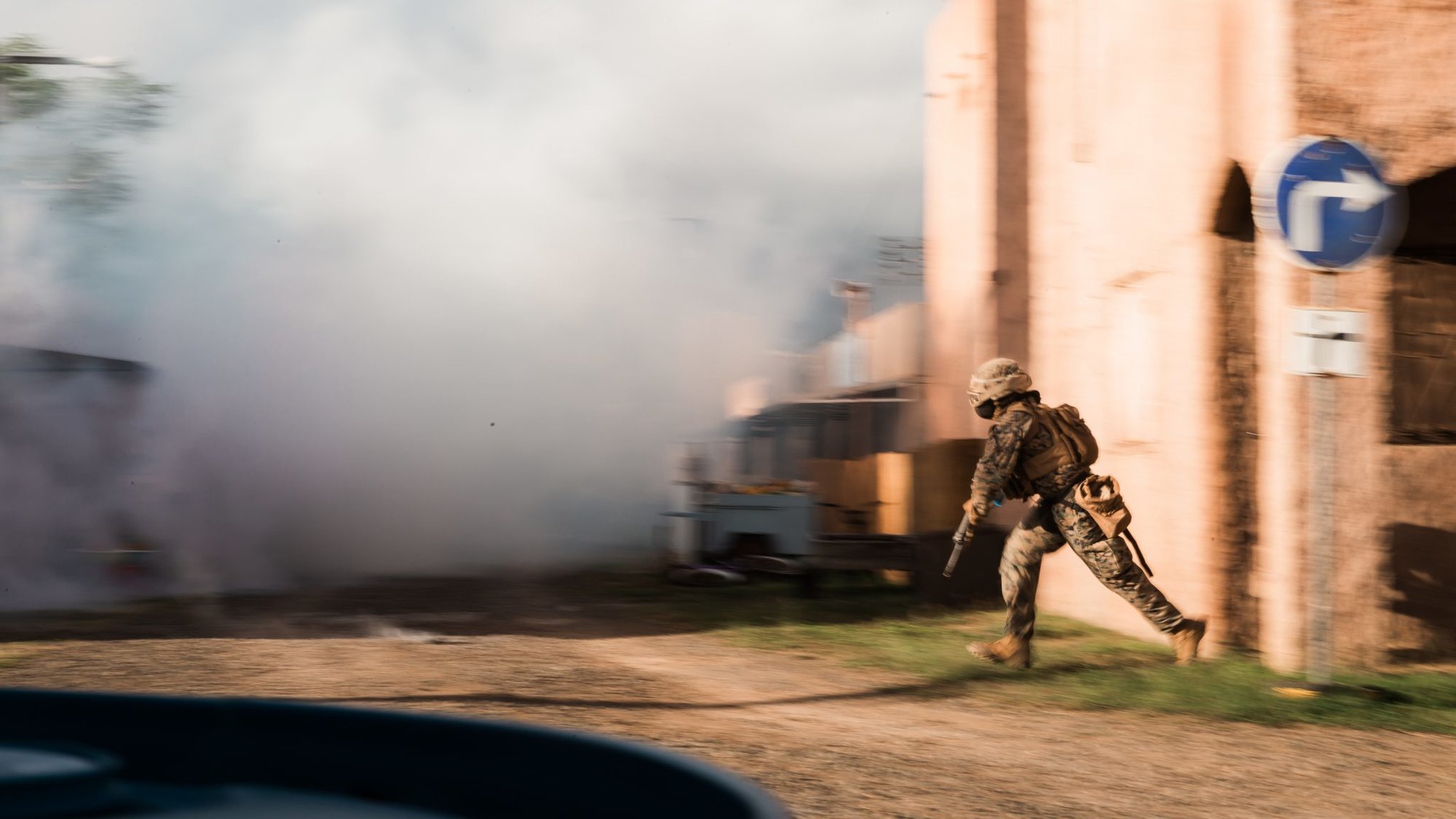
And then there was the bottle of Maker’s Mark.
On Jan. 30, 2022, Lt. Col. Wagner broke out a bottle of the bourbon inside the 15-Marine sleeping tent pitched at Lower Base Camp at the Mountain Warfare Training Center northwest of Bridgeport, California.
He’d bought it from the post exchange and shared about an inch of bourbon with six Marines in his leadership team to toast a master gunnery sergeant who was departing the command.
Wagner later said he knew base regulations prohibited booze in the field, but he thought Lower Base Camp wasn’t the field. He recalled during a previous deployment to Bridgeport drinking beer in the nearby Pickel Chalet.
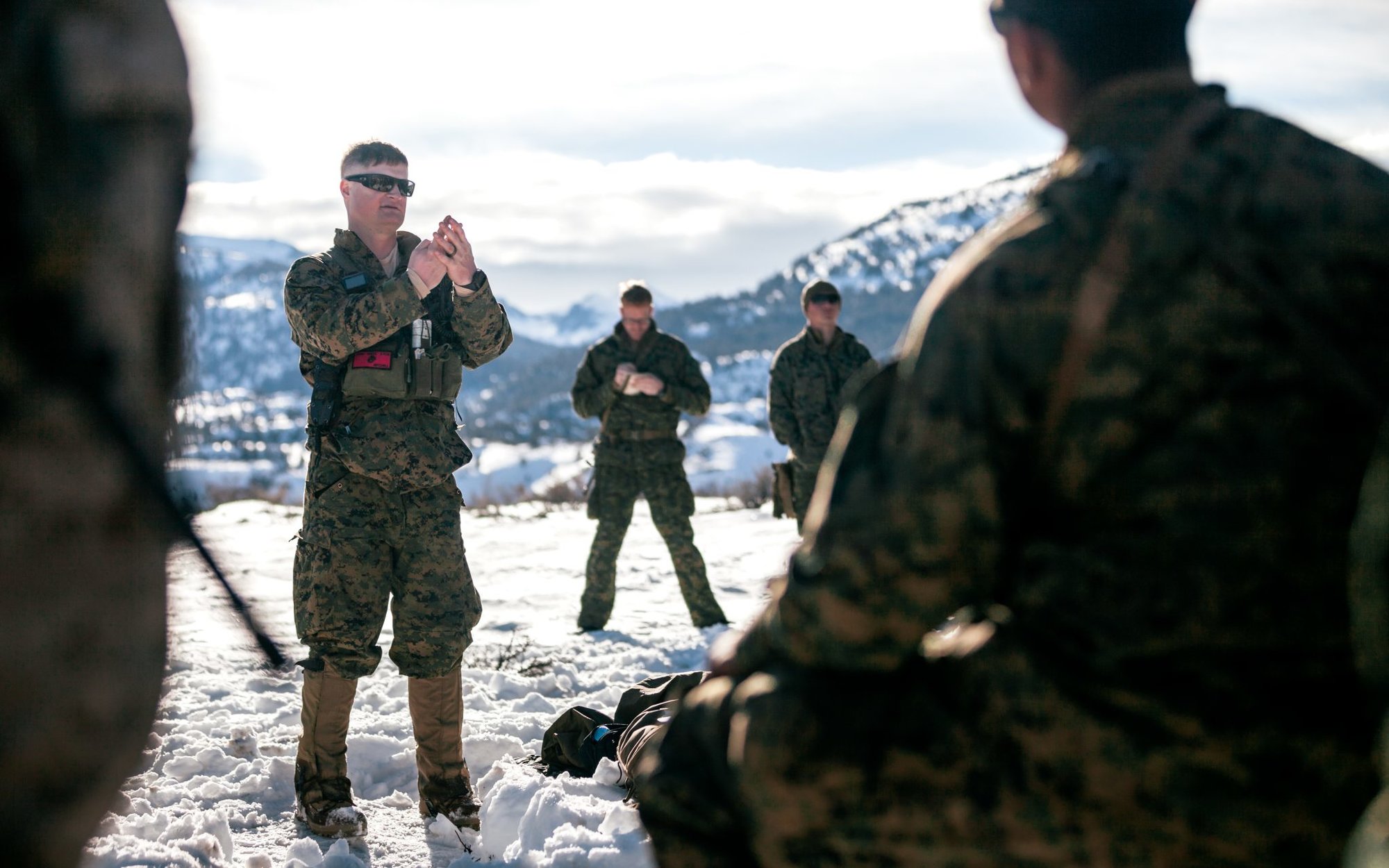
When interviewed by Martinez, many Marines also seemed unaware that there was an order banning booze for units training at the center. But others recalled being briefed that liquor was barred to them at both the PX and Lower Base Camp.
As a mitigation against the COVID-19 pandemic, base leaders had decided to conduct the briefing in a dirt lot, without the usual slides that would have alerted all Marines about the new rules prohibiting drinking.
Martinez determined that Wagner was derelict in his duties because he should’ve known the base regulations and followed them.
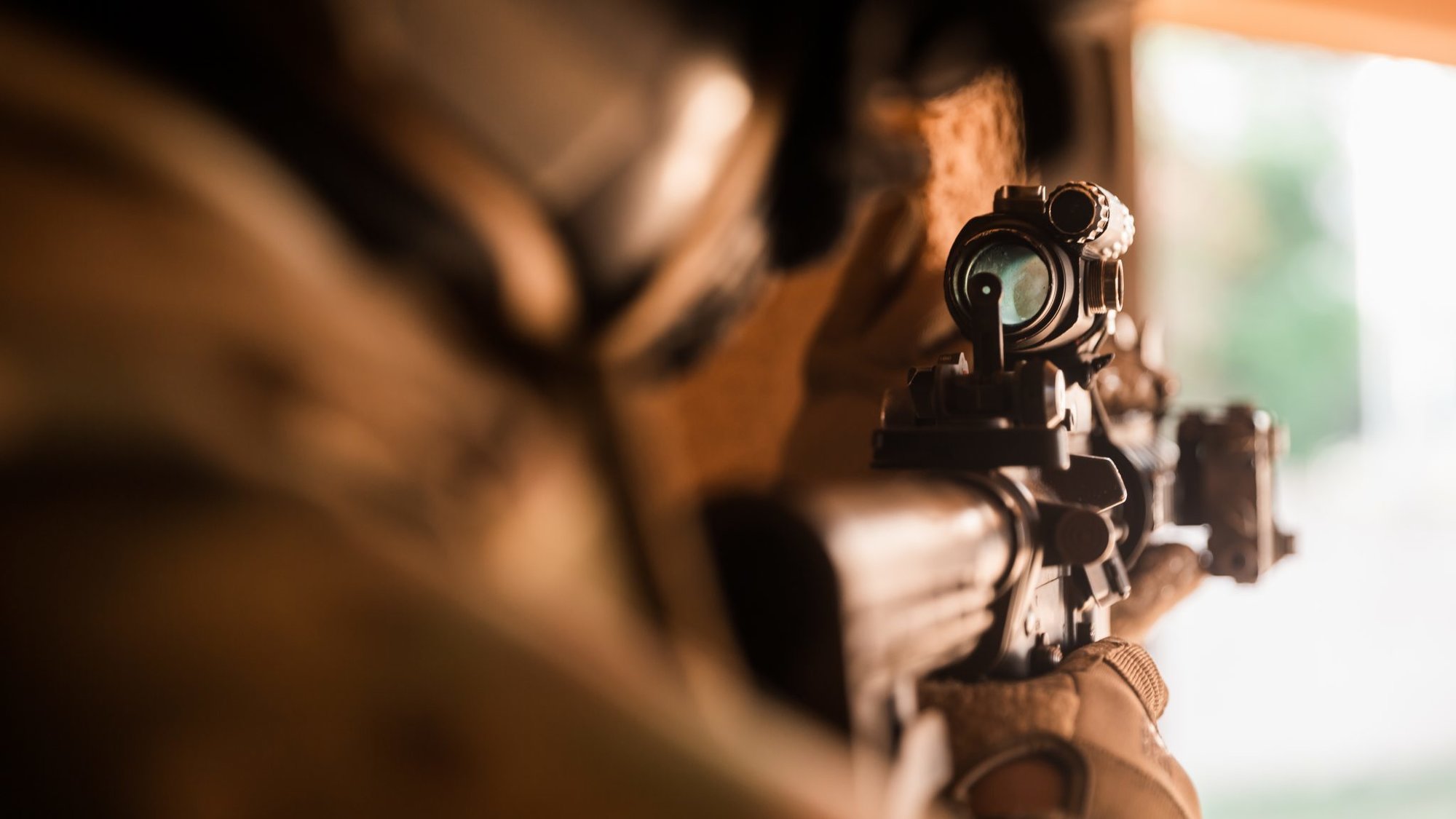
Despite these problems, the IG report appeared to find an overwhelming consensus from Marines that 3/3 improved under the leadership of Wagner. They described it as “positive,” “high op-temp,” “great,” “excellent,” “professional,” and “wonderful,” and reported “high unit morale.”
Two command climate surveys from April and November of 2021 revealed “a marked improvement in the working environment.” Most Marines reported the battalion was organized on merit, inclusion, equality, and respect, although the IG noted potential red flags for stress and sexually and racially harassing behavior reported by some in the battalion.
“Based on all the feedback and the tangible performance of the battalion, and the results of the command climate survey, I believe that I was doing a pretty decent job as a commander,” Wagner said. “And I think I was pretty good at it. And it’s heartbreaking to experience this because I think I was doing good things for the Marines in the service.”
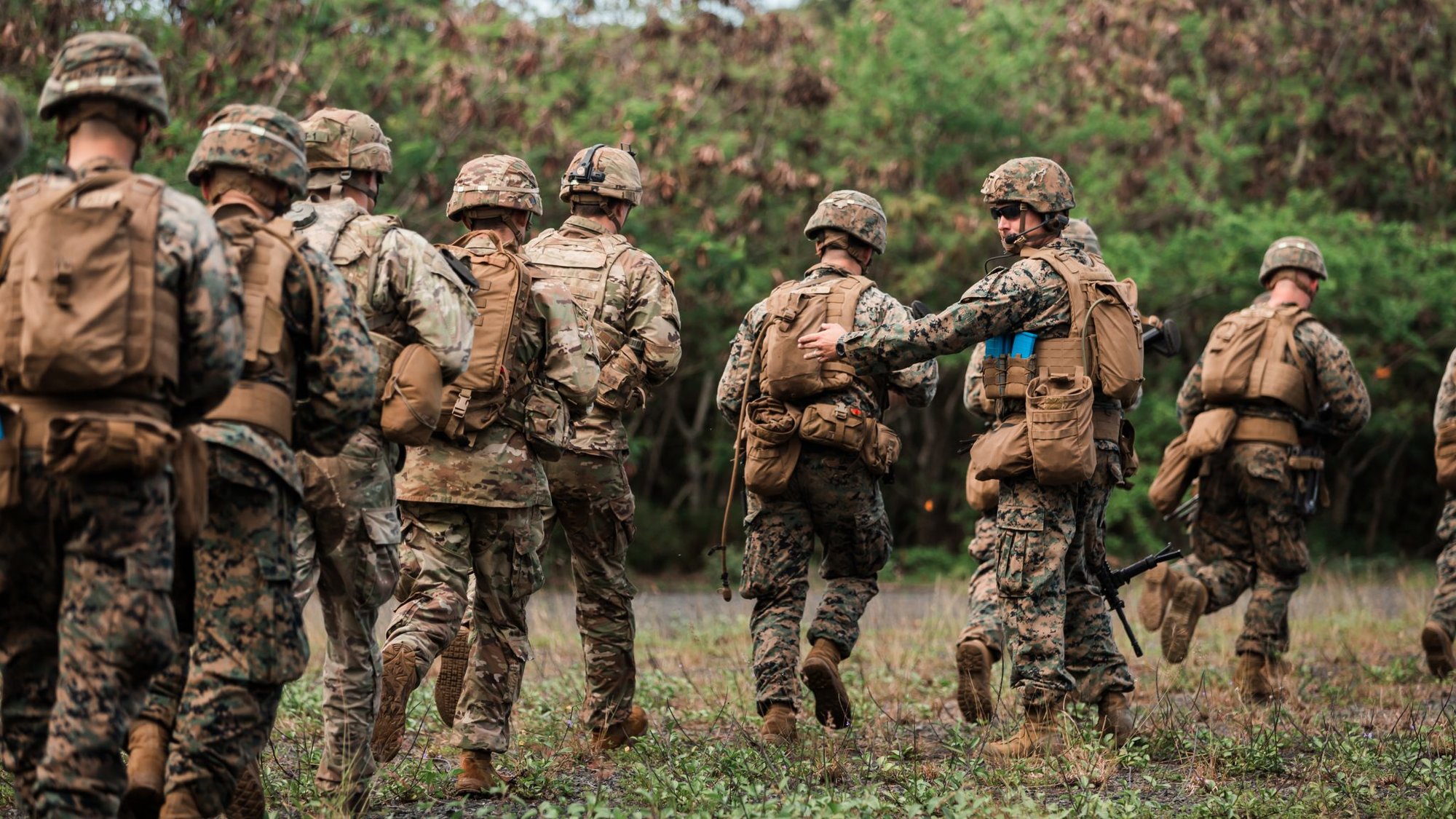
In the end, Martinez recommended that Maj. Gen. Bargeron “take appropriate administrative action” against Wagner for his poor handling of Cpl. Suarez’s arrest, his bad judgment with the ethnic slur, his command’s improper restriction of the informant’s liberty, and the banned bourbon toast to send off the senior staff NCO at Bridgeport.
As for Sgt. Maj. Clifton, Martinez recommended informal counseling for the unprofessional language he used during the corporal’s arrest and the bad joke he told to the first sergeant.
Clifton did not respond to phone calls and text messages from Coffee or Die seeking comment.
Wagner said the report doesn’t fully explain that the sergeant major was gone during many of the key incidents that led to their relief by the commanding general.
“But I really wish that the report would have accurately captured the fact that he was not even on the island of Oahu during from Thanksgiving until Jan. 4, after the holiday leave period, because he was representing the division on the Enlisted Retention Board,” Wagner said.

As for his own fate, Wagner said he’s going to be a good Marine. It stings, but he’ll learn from all this. He’s asked a buddy from his days at the US Naval Academy, attorney Tim Parlatore, to represent him — he counseled maverick Marine Lt. Col. Stuart Scheller in his battle with the Corps, too — but Wagner told Coffee or Die he just wants to keep serving his Marines, as he’s done for 27 years.
“It was determined that […] everything that I did in 10 months as a commander was invalidating,” he said. “And it’s hard to stomach, you know? I mean, it’s frustrating that there are commanders who have Marines killed in training, who have motor vehicle accidents, they roll vehicles, they lose ammunition. They get Marines killed in training. And, you know, they get a counseling or stern talking-to or something like that. But they retain their command, you know?
“I’m going to respectfully follow orders, but it’s disheartening.”
Read Next: With an Indictment, Does Justice Loom for Liberia’s Dragon Master?

Carl Prine is a former senior editor at Coffee or Die Magazine. He has worked at Navy Times, The San Diego Union-Tribune, and Pittsburgh Tribune-Review. He served in the Marine Corps and the Pennsylvania Army National Guard. His awards include the Joseph Galloway Award for Distinguished Reporting on the military, a first prize from Investigative Reporters & Editors, and the Combat Infantryman Badge.
BRCC and Bad Moon Print Press team up for an exclusive, limited-edition T-shirt design!
BRCC partners with Team Room Design for an exclusive T-shirt release!
Thirty Seconds Out has partnered with BRCC for an exclusive shirt design invoking the God of Winter.
Lucas O'Hara of Grizzly Forge has teamed up with BRCC for a badass, exclusive Shirt Club T-shirt design featuring his most popular knife and tiomahawk.
Coffee or Die sits down with one of the graphic designers behind Black Rifle Coffee's signature look and vibe.
Biden will award the Medal of Honor to a Vietnam War Army helicopter pilot who risked his life to save a reconnaissance team from almost certain death.
Ever wonder how much Jack Mandaville would f*ck sh*t up if he went back in time? The American Revolution didn't even see him coming.
A nearly 200-year-old West Point time capsule that at first appeared to yield little more than dust contains hidden treasure, the US Military Academy said.












